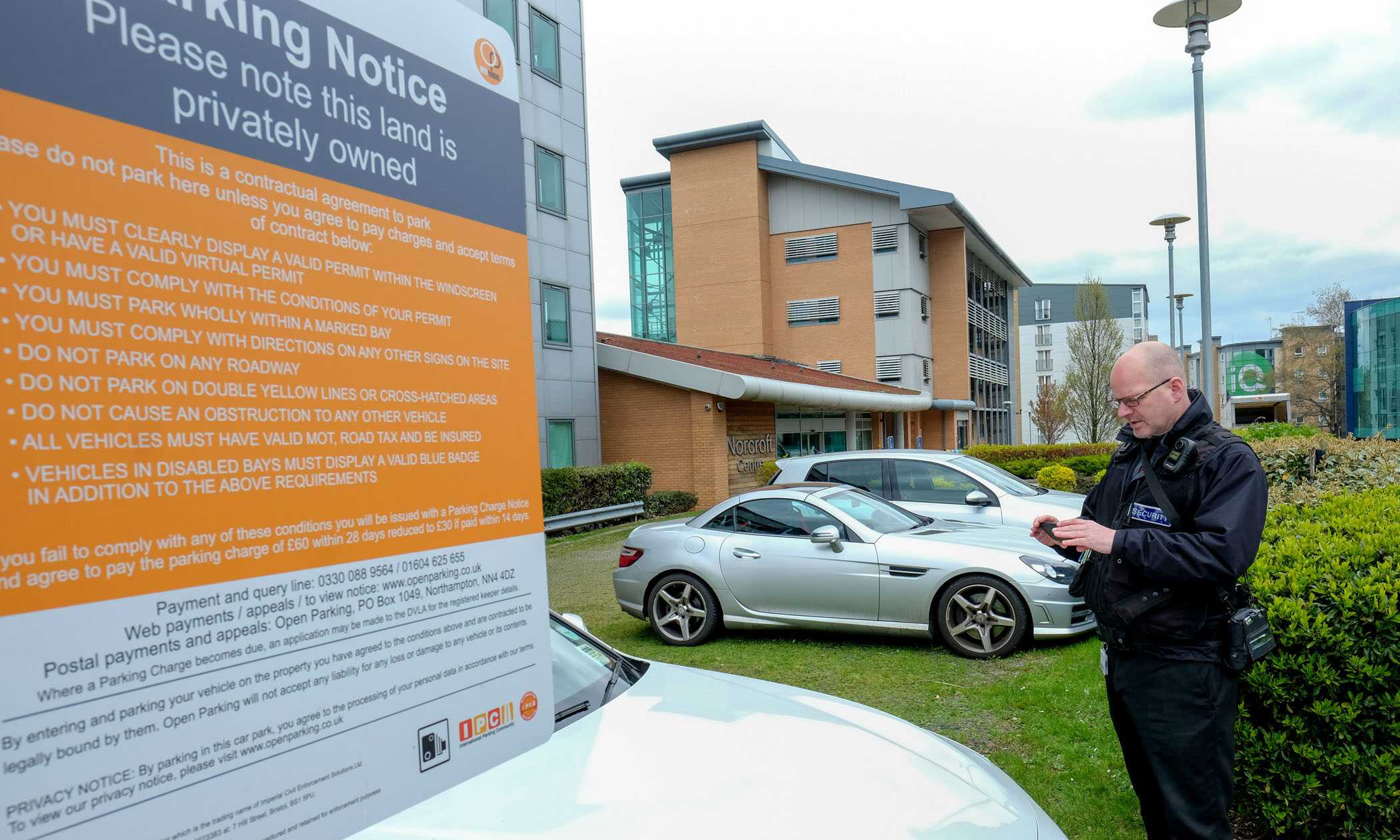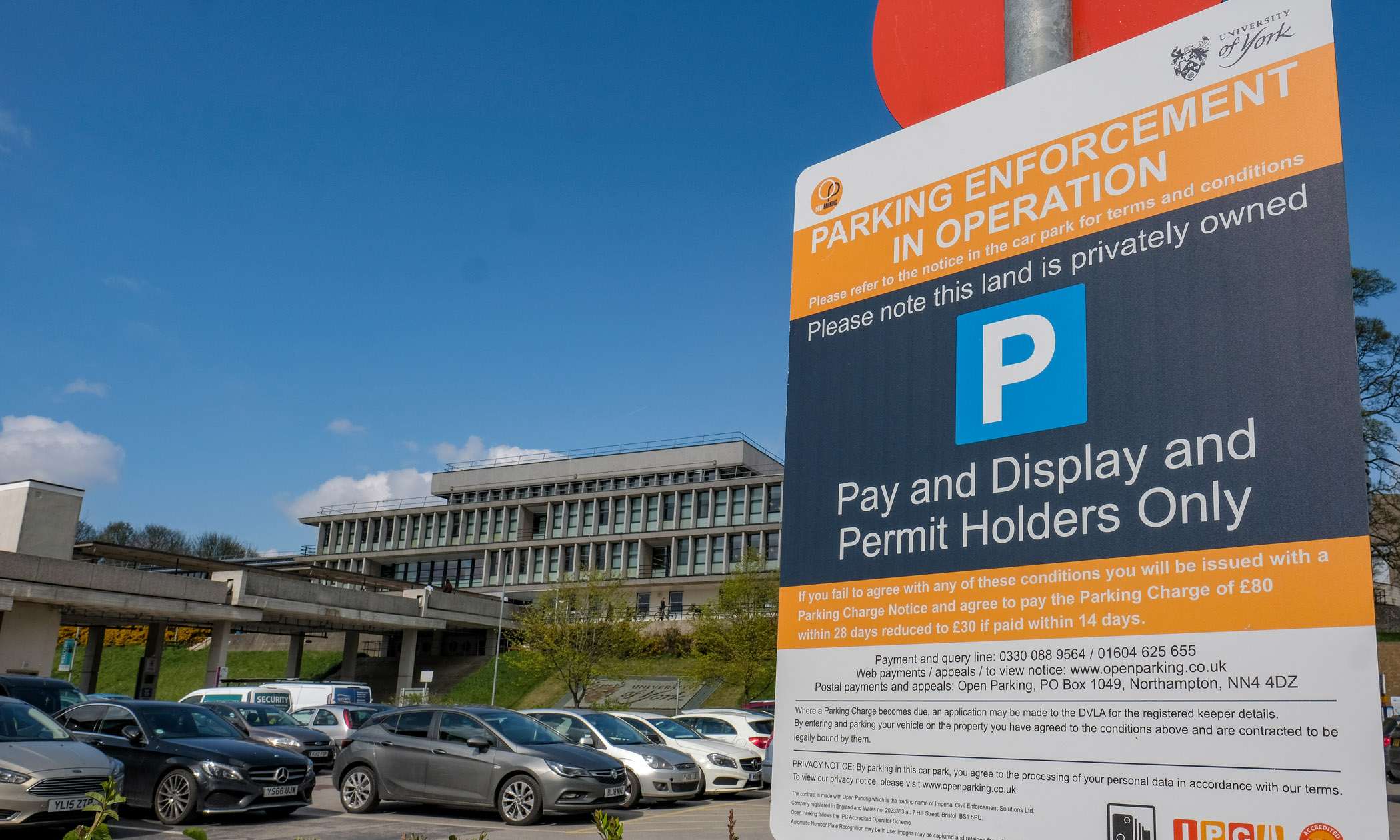Accessibility, responsiveness and fairness – the cornerstones for effective management of university parking
With demand consistently exceeding availability, progressive action is required to deliver the best possible parking arrangements for staff and students. Here, Sharon Silcock and Justin Ben-Nathan of Open Parking interview senior estates and security executives at a number of different universities that are using the latest virtual technologies and hosted solutions to set new standards in campus parking management.
The provision of fair and sustainable parking for staff, students and visitors poses quite a challenge for both city centre and out of town campus universities. Accessibility and convenience are not only important for the smooth day-to-day operations of a university, but are also vital to meet the expectations of prospective students and to ensure the recruitment and retention of staff is not compromised by restricted parking resources. Far from being a peripheral or inconsequential factor, effective parking management is now recognised as a key operational priority for all universities regardless of their location or estate composition.
For some city centre campuses, parking is restricted purely for staff and authorised visitors, with an array of different permit options and eligibility criteria. For others, it’s more of a question of balancing the respective needs of students, staff and occasional visitors to ensure parking spaces are allocated fairly at all times and to maximise occupancy of finite parking resources. This might involve both permit and Pay and Display parking provision. Invariably, however, it can be a complex task to ensure fairness and accessibility for everyone while also fulfilling transport sustainability targets and the specific requirements of those members of staff and students with special needs.
The University of York, the University of Bristol and the University of Bradford are three universities that highlight the disparate and contrasting nature of parking facilities, pressures and policies. But each of them has adopted a progressive and responsive approach to parking management, taking full advantage of highly versatile and responsive technologies and hosted solutions to simplify permit application and allocation and to minimise abuse of parking resources and campus thoroughfares.
“It really is a complex task,” explains Sarah Frankland, the Strategic Programmes Officer in the University of York’s Estates and Campus Services Department. “Delivering the right parking solution is not a one-off exercise. And ongoing developments within our 500 acre parkland campus is just putting more and more pressure on existing parking areas, as planning restrictions prevent any increase in parking provision for our 16,000 students, 3,800 members of staff. We needed a future-proof and versatile solution to accommodate constantly evolving sustainability policies and eligibility criteria, while also making it easier for people to apply for permits and keeping administration to a minimum.”
Frankland and her colleagues have worked closely with public transport providers to maximise the reliability and frequency of buses and to introduce dedicated routes and facilities for cyclists to help reduce the number of vehicles entering the campus and ease some of the parking pinch points. And new technologies have been deployed to improve all areas of parking management.
“We’ve now adopted a comprehensive hosted solution with a simple self-serve application process and automated assessment procedures for permits, as well as a new cashless parking option (PaySmarti). The VoucherSmarti system has also been introduced to simplify the process of allocating parking vouchers for occasional visitors. Significantly each component is fully integrated to provide a high level of automation. The changes we’ve introduced have made a huge difference and the availability of real-time data has proved to be a real benefit for our patrolling Travel and Transport Assistants as they undertake their enforcement duties.”
The parking challenges facing the University of Bristol are quite different. Here, just 450 parking spaces spread over 62 car parks around the city centre campus are designated purely for eligible staff. Prioritising, monitoring and policing such limited parking resources has always proved to be difficult and the high level of parking contraventions and the limitations of paper-based permit arrangements simply compounded availability and accessibility issues.
“Although we only provide campus parking for eligible staff and disabled bays for both staff and students, the demand for parking spaces is intense and relentless,” says Guy Worrall the university’s Security Services Manager (Support). “But the introduction of an automated and much more disciplined and versatile approach is helping us to ensure fairness for everyone at all times.
“Our objective is to maximise compliance rather than to penalise, so I’m pleased our new parking management solution has not only increased the availability of parking spaces for legitimate permit holders but has also reduced parking contraventions on the campus by no less than 75%. And the management data provided by the system has provided a wealth of detailed information to help us prioritise resources and constantly review the eligibility criteria for permits.”
All permit applications are now easy to submit using a self-serve portal and once uploaded into the permit management system, become available for review and processing by the University’s Administration Team. Eligibility is dependent on a range of factors including distance and duration of public transport options and personal circumstances. Virtual permits are issued for all successful applications and the management database is updated accordingly so that permit validity is easily and quickly verified for every vehicle on the campus.
Similar steps have been taken by the University of Bradford. Here, though, parking permits for using one of the university’s 6 car parks in the heart of the city are available for both staff and students.
Persistent abuse of the parking facilities was a major cause for concern to Simon Duarri, the university’s Head of Facilities. “Unauthorised use of parking spaces compromises fair access to the university and its facilities. So not only did we need a flexible solution that was easier and more convenient for all users, but we also needed more effective and reliable parking enforcement.”
The university uses a large number of different permit types from full-time and part-time staff to car share and electric vehicles as well as accessible parking permits for individuals with restrictive health conditions. A virtual and highly automated system has now been introduced to to simplify the processing, issue and enforcement of all types of permit.
Significantly, the new system and database is externally hosted so there are no longer any administrative logjams and all software updates and upgrades are automatic which is providing a far more resilient and flexible approach for Duarri and his team. Temporary parking vouchers are also issued to visitors and contractors working on the campus and senior staff have the option to reserve their own parking bay.
The new approach to parking management on the campus will prove particularly beneficial for patients and visitors in the university’s Digital Health Enterprise Zone as each permit can linked to a designated visitor bay and issued on arrival.
As these three universities have shown, advanced but proven technologies and a range of hosted solutions are now available to provide effective management of parking resources that takes full account of specific operational priorities and estate management policies. And the move towards greater automation and self-serve functionality is entirely in keeping with the need to maximise convenience and efficiencies while also improving the campus experience of staff and students alike.
Open Parking is a parking management specialist with dedicated management software technologies and managed service solutions to help universities provide the best possible parking experience for staff, students and visitors. For more information visit www.openparking.co.uk.



